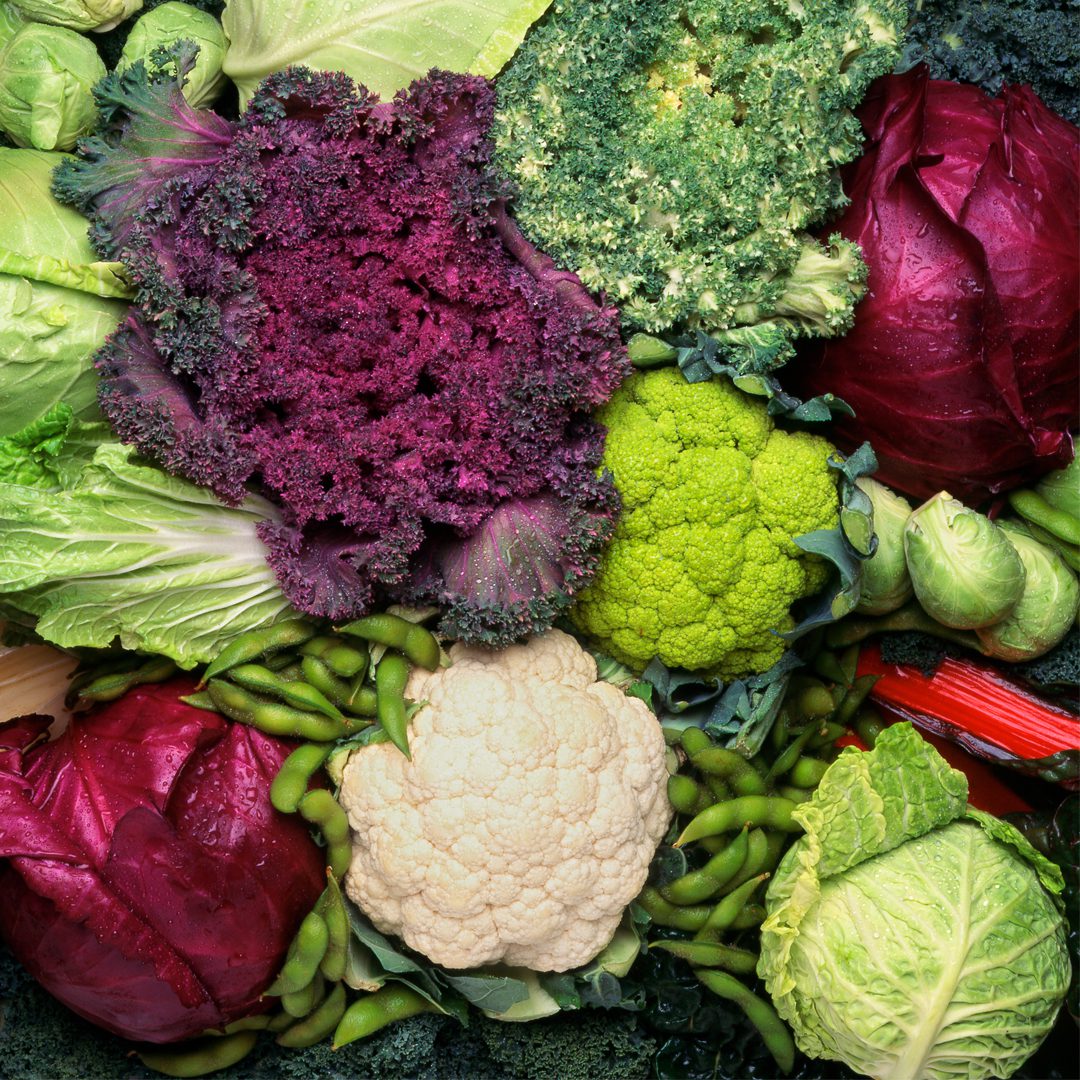
Oxidative Stress: Stress at the cellular level
Oxygen plays a crucial role for nature and is the elixir of life. But oxygen can also trigger reactions that one would like to do without. Flowers wither, harvested fruit becomes unsightly, and oil turns rancid – free radicals and oxidative stress are squarely the culprits for these reactions.
Continue Reading

 Facebook
Facebook Instagram
Instagram



